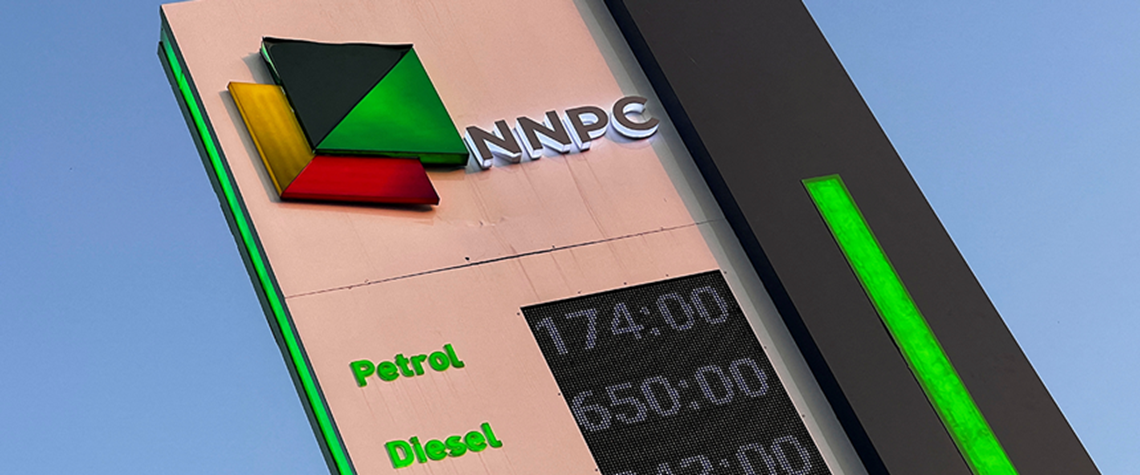Subsidies push Nigeria to the brink
Controversial payments have turned high oil prices into a curse
Nigeria’s status as a major oil producer means it should be enjoying a boom. Instead, 2022 has turned into a year of economic crisis. GDP growth is lagging the African average, inflation has soared to the highest level in 17 years and state-owned NNPC has not contributed a single naira to the government’s coffers. This paradoxical situation for a significant producer and exporter of oil stems from the fact that Nigeria has almost no domestic refining capacity. Imports of refined petroleum products are subsidised via NNPC—meaning consumers pay less than half the price they would be charged if subsidies were removed. The massive cost of subsidising fuel imports comes at a time when oil product

Also in this section
18 February 2026
With Texas LNG approaching financial close, Alaska LNG advancing towards a phased buildout and Magnolia LNG positioned for future optionality, Glenfarne CEO Brendan Duval says the coming year will demonstrate how the company’s more focused, owner-operator approach is reshaping LNG infrastructure development in the North America
18 February 2026
The global gas industry is no longer on the backfoot, hesitantly justifying the value of its product, but has greater confidence in gas remaining a core part of the global energy mix for decades
18 February 2026
With marketable supply unlikely to grow significantly and limited scope for pipeline imports, Brazil is expected to continue relying on LNG to cover supply shortfalls, Ieda Gomes, senior adviser of Brazilian thinktank FGV Energia,
tells Petroleum Economist
17 February 2026
The 25th WPC Energy Congress, taking place in Riyadh, Saudi Arabia from 26–30 April 2026, will bring together leaders from the political, industrial, financial and technology sectors under the unifying theme “Pathways to an Energy Future for All”







